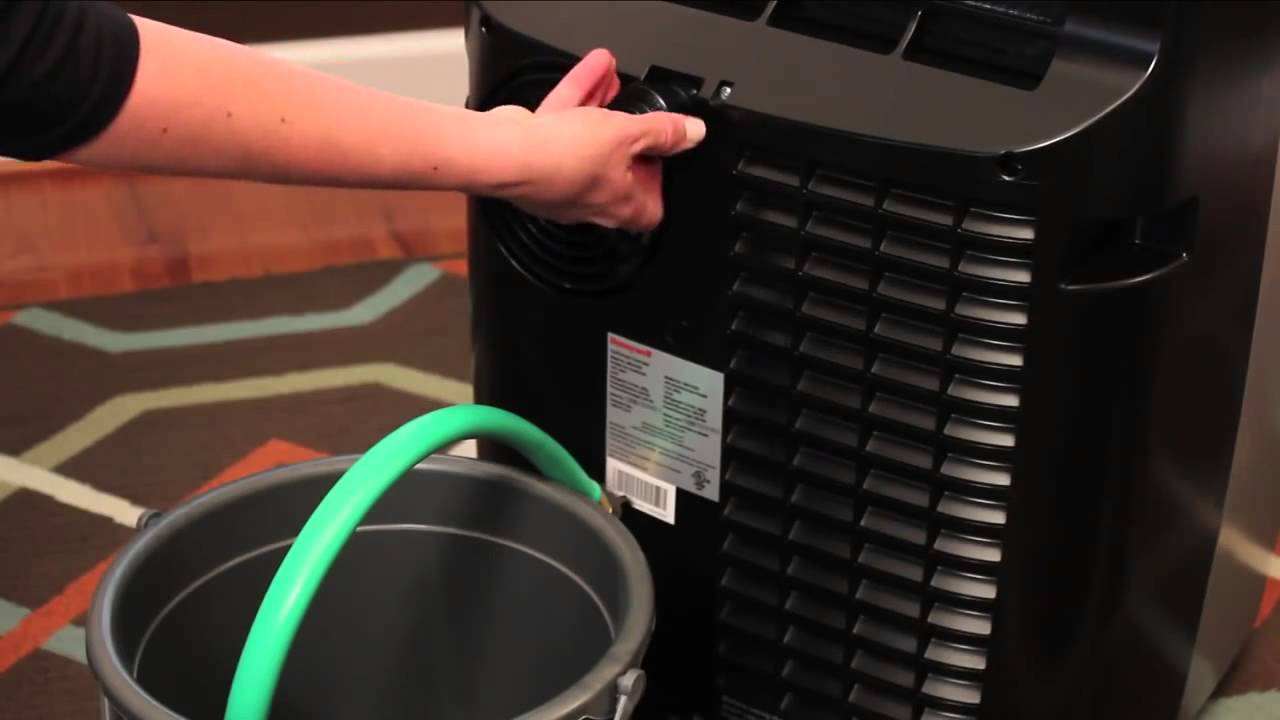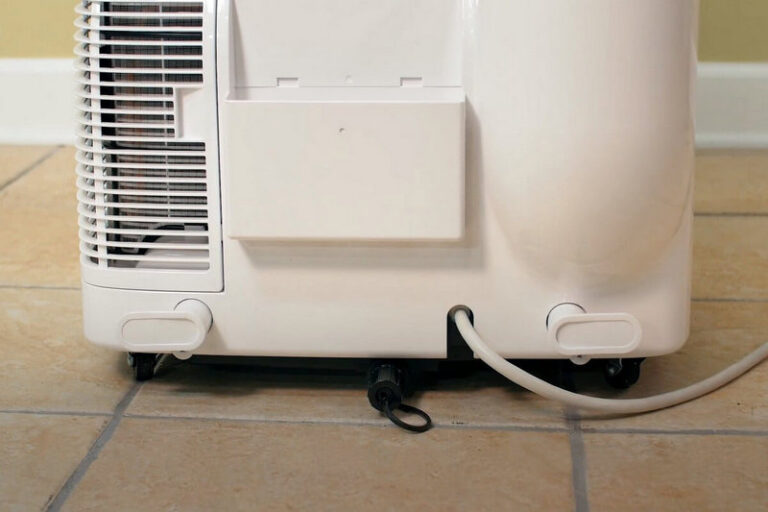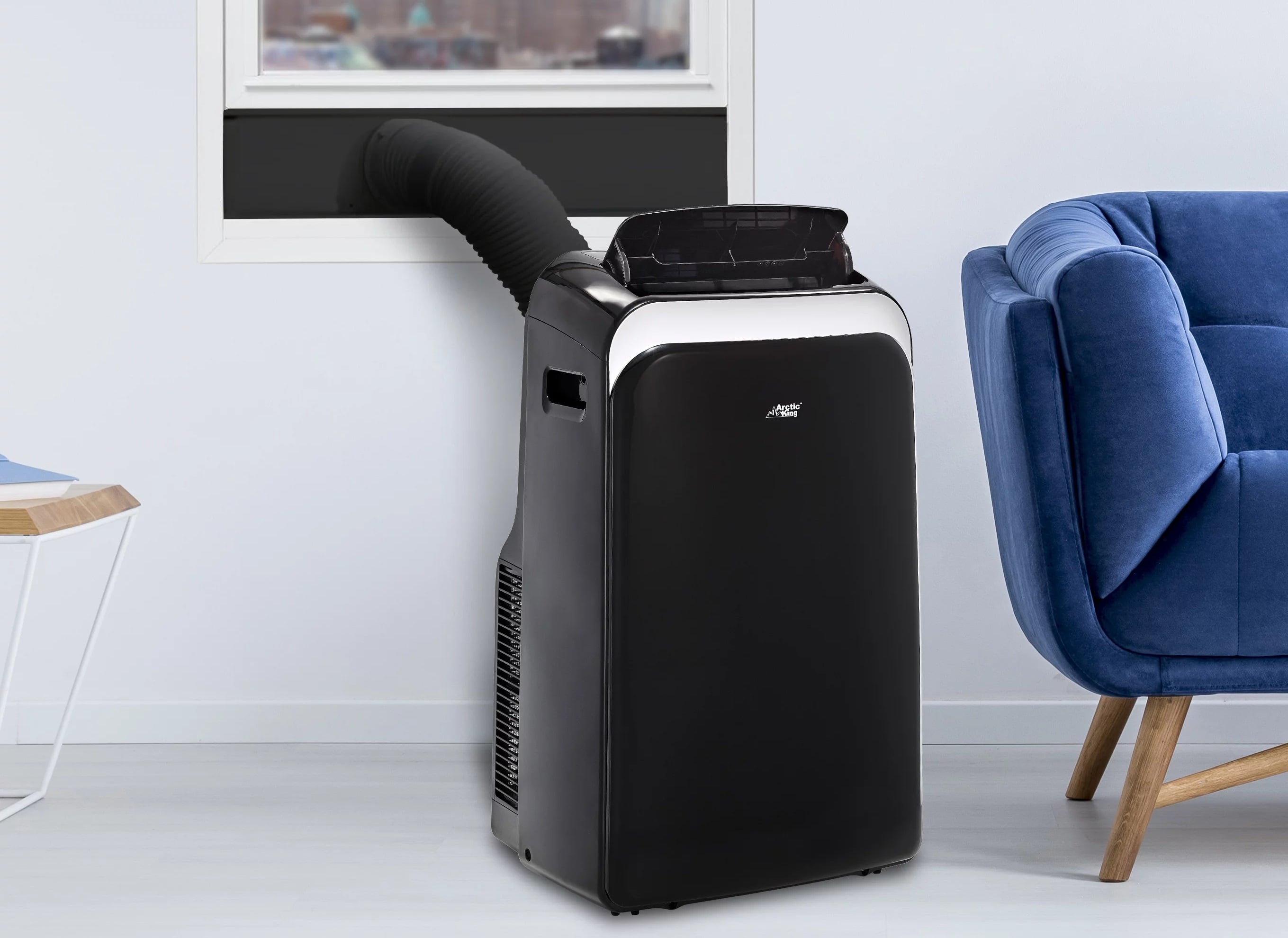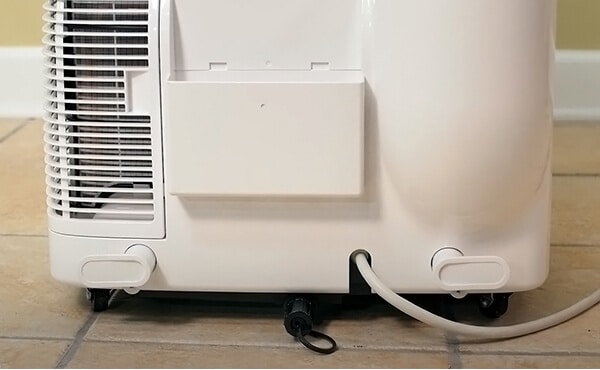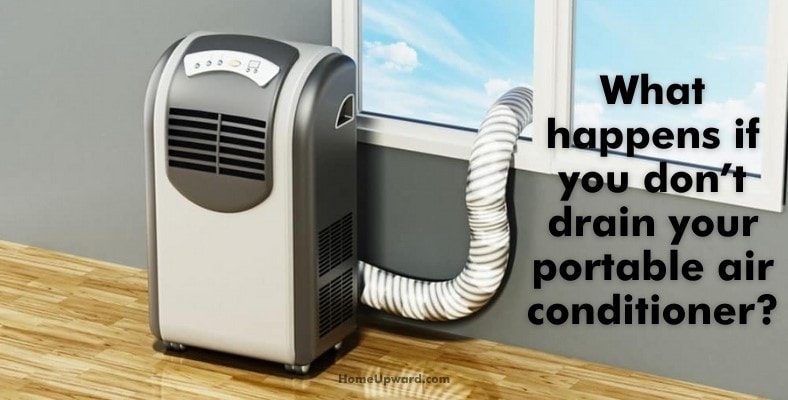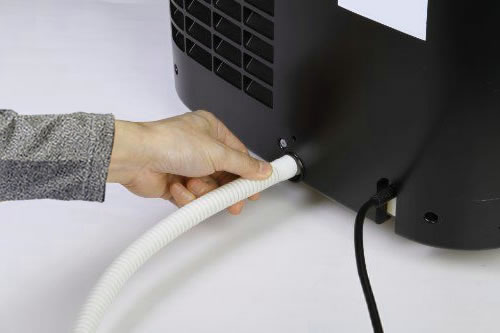Portable Air Conditioner With Drain Pump
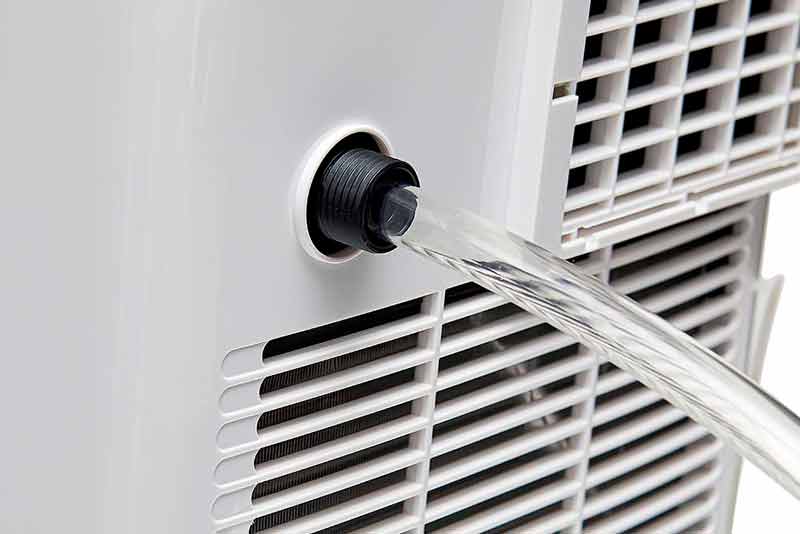
The HVAC industry is constantly evolving, demanding technicians and engineers who are knowledgeable about the latest technologies. Among these technologies, portable air conditioners with drain pumps are gaining popularity due to their convenience and efficiency. This article explores the functionality, applications, and career opportunities surrounding these systems.
Understanding Portable Air Conditioners with Drain Pumps
Portable air conditioners offer a flexible cooling solution for spaces without central HVAC systems or where localized cooling is needed. Unlike traditional window units, they don't require permanent installation and can be easily moved from room to room. However, a common challenge with portable ACs is the accumulation of condensate water. Standard models require manual draining of a collection tank, which can be inconvenient and time-consuming. Portable air conditioners with drain pumps address this issue.
A drain pump automatically removes the condensate water, typically by pumping it out through a hose to a higher elevation, such as a sink, window, or even directly outside. This eliminates the need for manual emptying and allows for continuous operation, especially in humid environments where condensate production is high.
How Drain Pumps Work
The condensate pump inside the portable AC typically consists of a small reservoir, a float switch, and a miniature pump. As water accumulates in the reservoir, the float switch rises. When the water reaches a certain level, the switch activates the pump, which then discharges the water. The pump typically has a specified lift height (the vertical distance it can pump the water) and flow rate (the volume of water it can pump per hour). These specifications are important to consider when selecting a unit for a particular application.
Applications and Market Trends
Portable ACs with drain pumps are used in a variety of settings, including:
- Residential: Cooling individual rooms, home offices, or additions without existing ductwork.
- Commercial: Providing supplemental cooling in server rooms, offices, retail spaces, or temporary work areas.
- Industrial: Spot cooling in factories, warehouses, or construction sites.
- Emergency situations: Providing temporary cooling in the event of a central AC failure.
The market for portable air conditioners is experiencing steady growth. According to a report by Global Market Insights, Inc., the global portable air conditioner market size was valued at over $2 billion in 2023 and is projected to grow at a CAGR of over 5% from 2024 to 2032. This growth is driven by factors such as increasing urbanization, rising disposable incomes, and the growing demand for energy-efficient cooling solutions. The drain pump feature is becoming increasingly popular, as it offers enhanced convenience and reduces maintenance requirements.
HVAC Technician Skills and Certifications
Working with portable air conditioners, especially those with drain pumps, requires a range of HVAC skills. Technicians should be proficient in:
- Refrigerant handling: Understanding refrigerant types, leak detection, and proper charging procedures.
- Electrical troubleshooting: Diagnosing and repairing electrical faults in the unit, including the compressor, fan motor, and pump.
- Component replacement: Replacing faulty components such as compressors, capacitors, relays, and drain pumps.
- Preventative maintenance: Performing routine maintenance tasks such as cleaning coils, checking refrigerant levels, and inspecting drain lines.
Several certifications can enhance an HVAC technician's credibility and demonstrate their expertise. These include:
- EPA Section 608 Certification: Required by the EPA for anyone who handles refrigerants. This certification covers proper refrigerant handling practices, including recovery, recycling, and reclaiming. There are different types of 608 certifications depending on the type of equipment serviced.
- North American Technician Excellence (NATE): A nationally recognized certification that demonstrates a technician's competency in HVAC systems. NATE offers certifications in various specialties, including air conditioning, heat pumps, and refrigeration.
- HVAC Excellence: Another reputable certification organization that offers a range of certifications for HVAC technicians.
Having these certifications can significantly improve a technician's job prospects and earning potential. Many employers prefer to hire certified technicians, as it ensures that they have the necessary skills and knowledge to perform their job effectively.
Career Paths and Job Outlook
The HVAC industry offers a wide range of career paths, from entry-level technician positions to advanced engineering roles. Some common career paths for HVAC professionals include:
- HVAC Technician: Installs, maintains, and repairs HVAC systems, including portable air conditioners.
- HVAC Installer: Focuses on the installation of new HVAC systems.
- HVAC Service Technician: Specializes in the maintenance and repair of existing HVAC systems.
- HVAC Sales Engineer: Works with clients to design and specify HVAC systems for commercial and industrial applications.
- HVAC Project Manager: Oversees the installation and commissioning of HVAC systems for large projects.
The job outlook for HVAC technicians is excellent. According to the Bureau of Labor Statistics (BLS), the employment of heating, air conditioning, and refrigeration mechanics and installers is projected to grow 6 percent from 2022 to 2032, about as fast as the average for all occupations. About 39,200 openings for heating, air conditioning, and refrigeration mechanics and installers are projected each year, on average, over the decade. Most of those openings are expected to result from the need to replace workers who transfer to other occupations or retire.
Salary Expectations
The median annual wage for heating, air conditioning, and refrigeration mechanics and installers was $51,390 in May 2023. The lowest 10 percent earned less than $33,810, and the highest 10 percent earned more than $82,720. Salary ranges vary depending on experience, location, and certifications. Technicians with specialized skills, such as those related to advanced control systems and energy-efficient technologies, can command higher salaries.
For example, a service technician working in a major metropolitan area with 5+ years of experience and NATE certification can earn upwards of $65,000 per year. Experienced HVAC sales engineers and project managers can earn six-figure salaries.
Training and Education
A career in HVAC typically requires formal training and education. Many aspiring technicians attend vocational schools or community colleges to earn a certificate or associate's degree in HVAC technology. These programs provide students with the fundamental knowledge and skills needed to succeed in the industry.
Apprenticeship programs are another popular pathway to becoming an HVAC technician. Apprenticeships combine on-the-job training with classroom instruction, allowing students to earn while they learn. Apprenticeships are typically sponsored by trade unions, contractors, or manufacturers.
Continuing education is essential for HVAC professionals to stay up-to-date on the latest technologies and industry trends. Many manufacturers offer training courses on their products, and professional organizations such as ASHRAE (American Society of Heating, Refrigerating and Air-Conditioning Engineers) provide ongoing educational opportunities.
Real-World Career Example
Consider Maria Rodriguez, an HVAC technician working for a commercial HVAC contractor. Maria started her career with an associate's degree in HVAC technology and has obtained her EPA 608 and NATE certifications. She now specializes in servicing and repairing commercial HVAC systems, including portable air conditioners used in server rooms. Maria's expertise in electrical troubleshooting and refrigerant handling allows her to quickly diagnose and resolve complex problems, earning her a reputation as a highly skilled and reliable technician. She regularly attends training courses to stay up-to-date on the latest technologies and is currently pursuing a bachelor's degree in mechanical engineering to advance her career.
Employer Considerations
For employers in the HVAC industry, hiring skilled technicians who are knowledgeable about portable air conditioners with drain pumps is crucial for providing quality service to their customers. When recruiting technicians, employers should look for candidates who:
- Have formal training and education in HVAC technology.
- Possess relevant certifications, such as EPA 608 and NATE.
- Have experience with troubleshooting and repairing HVAC systems.
- Are familiar with the operation and maintenance of portable air conditioners with drain pumps.
- Are committed to continuing education and professional development.
Employers should also provide their technicians with ongoing training and support to ensure that they have the skills and knowledge needed to succeed. Investing in employee training can lead to increased productivity, improved customer satisfaction, and reduced employee turnover.
Conclusion
Portable air conditioners with drain pumps are becoming increasingly common in residential, commercial, and industrial settings. HVAC technicians who are knowledgeable about these systems are in high demand. By obtaining the necessary skills, certifications, and training, HVAC professionals can build successful and rewarding careers in this growing field. For employers, investing in skilled technicians is essential for providing quality service and maintaining a competitive edge in the HVAC industry. The future of HVAC is in adapting to these growing trends and staying informed about new technologies and solutions.
